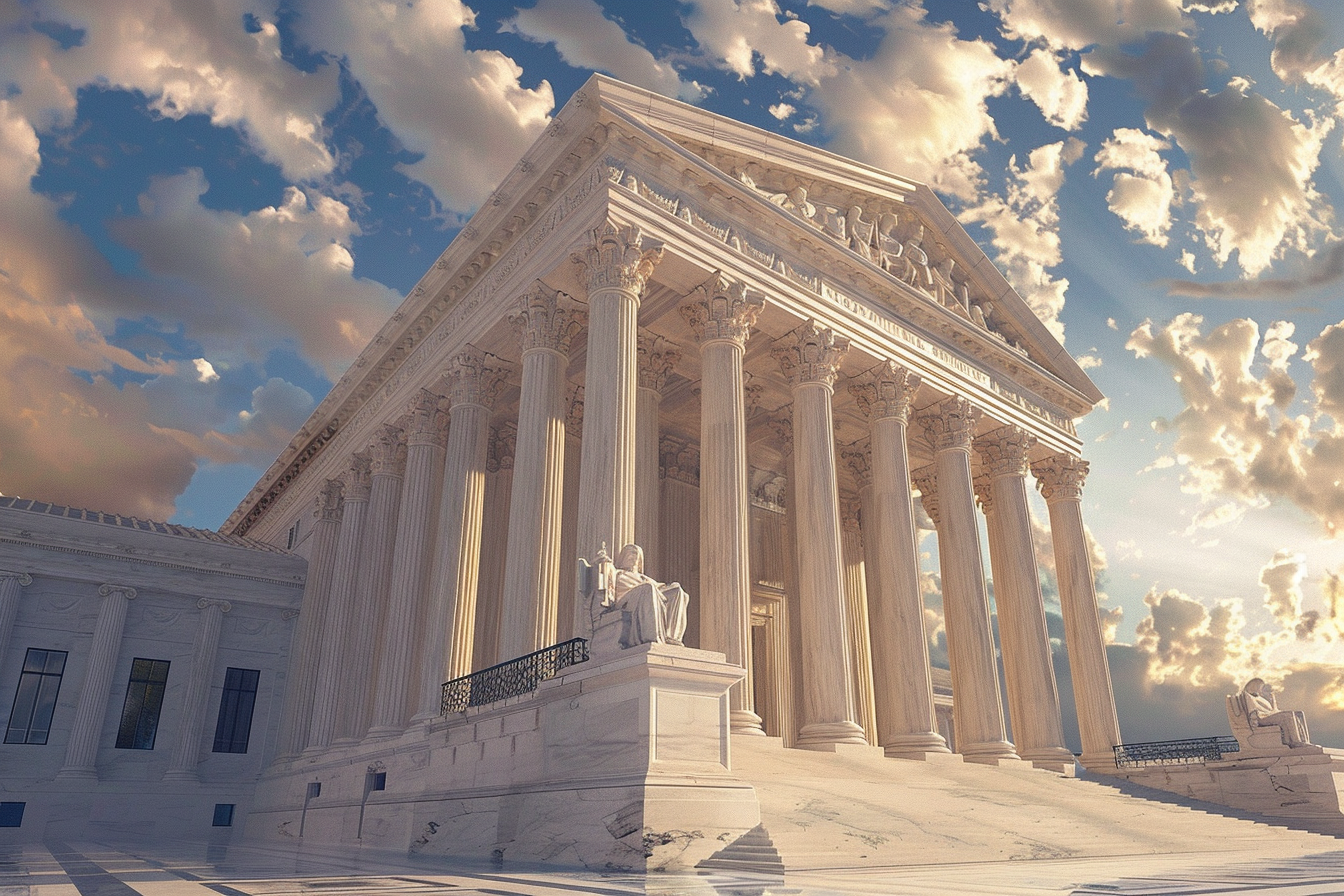On February 8, 2024, a Supreme Court whistleblower decision was issued on Murray v. UBS Securities, LLC, No. 22-660, siding with the whistleblower, Trevor Murray, and rejecting the Second Circuit’s assertion that a whistleblower needs to demonstrate that their employer had “retaliatory intent” to receive protections under the Sarbanes Oxley Act.
The Sarbanes Oxley Act or SOX was enacted by Congress in 2002 to improve publicly traded companies’ auditing and public disclosure practices. SOX was a response to the rampant misconduct and series of accounting scandals at large firms that occurred in the early 2000s. In addition to provisions that restrict companies from interfering with audits and covering up losses in public communications, the act recognizes the role whistleblowers play in exposing companies, and includes a provision that states that employers may not, “discharge, demote, suspend, threaten, harass, or in any other manner discriminate against an employee in the terms and conditions of employment because of” the employee’s protected activity.
The Supreme Court whistleblower decision delivered by Justice Sotomayor challenges the Second Circuit reasoning that the “discriminate against” and “because of” language in the retaliation provision of SOX, requires whistleblowers to show “retaliatory intent” to prevail in their claims. Sotomayor explains that SOX makes no reference to the term “retaliatory intent” nor do the words “discriminate” or “because of” intrinsically require it.
SCOTUS disputed the Second Circuit further, stating that in imposing this new meaning on the SOX’s language and additional burden on whistleblowers, the Second Circuit would be revising the mandatory burden shifting mechanism inherent to Sarbanes Oxley. Therefore, the Supreme Court whistleblower decision stated that plaintiffs solely need to demonstrate that protected activity was a “contributing factor” in the adverse employment action. After a whistleblower can demonstrate that the protected activity they were engaged in was a “contributing factor”, the burden shifts to the employer to prove that they would have made the same employment decision if the employee had not blown the whistle.
Why is this Supreme Court Whistleblower Ruling Significant?
It is certainly important for the Supreme Court to clarify that “retaliatory intent” need not be shown by whistleblowers to be protected from retaliation under SOX. However, this has been the prevailing opinion across jurisdictions prior to this Supreme Court whistleblower ruling. The arguably more significant outcome of this decision is SCOTUS unanimously adopting the position that not only is there a lower bar for whistleblowers to prove their protected activity was a “contributing factor” in an adverse employment action experienced, but that Sarbanes Oxley’s framework is less protective of employers than other frameworks.
In the Supreme Court whistleblower decision, Justice Sotomayor explains that the lesser burden in SOX is a result of Congress’s goal to encourage employees to blow the whistle in “contexts where the health, safety, and well-being of the public may well depend on whistleblowers feeling empowered to come forward [as with potential securities violations].”
How Are Cases Under Other Federal Whistleblower Statutes Impacted by This Decision?
Several other federal whistleblower statutes include the same contributing factor causation language that appears in the Sarbanes Oxley Act:
- Affordable Care Act, 29 U.S.C. § 218c
- Anti-Money Laundering Act, 31 U.S.C. § 5323(g)
- Consumer Financial Protection Act of 2010, 12 U.S.C. § 5567
- Consumer Product Safety Improvement Act, 15 U.S.C. §2087
- Criminal Antitrust Anti-Retaliation Act, 15 U.S.C. § 7a-3
- Energy Reorganization Act, 42 U.S.C. § 5851
- Moving Ahead for Progress in the 21st Century Act, 49 U.S.C. 30171
- Pipeline Safety Improvement, 49 U.S.C. §60129
- Food Safety Modernization Act, 21 U.S.C. § 399d
- Surface Transportation Assistance Act, 49 U.S.C. §31105
- Taxpayer First Act, 26 U.S.C. § 7623(d)
- Wendell H. Ford Aviation Investment and Reform Act for the 21st Century, 49 U.S.C. § 42121
Therefore, the position taken in Murray v. USB Securities, LLC, safeguards whistleblowers from the insinuation that additional burdens are imposed on them to prove they were retaliated against. If the Second Circuit decision on the matter had been upheld, Sarbanes Oxley, and other statutes with similar frameworks designed to protect whistleblowers would be at risk of straying from congressional intent.


